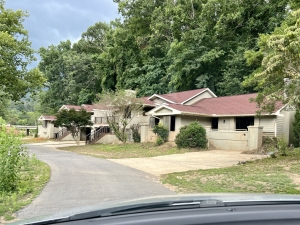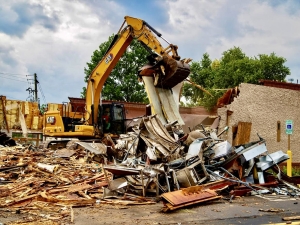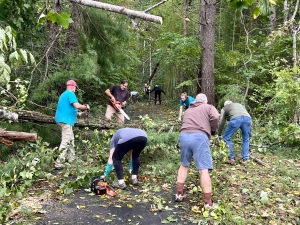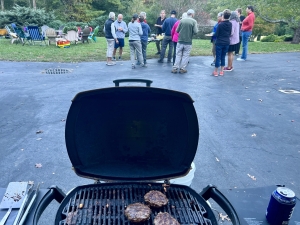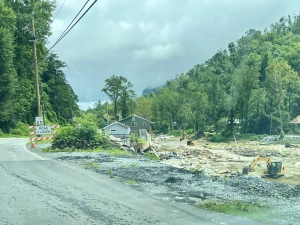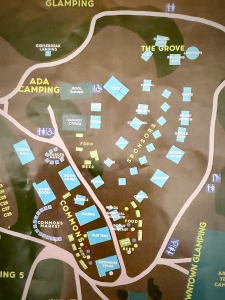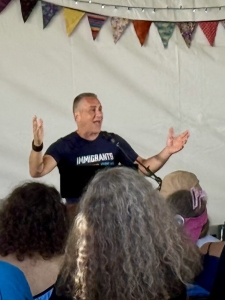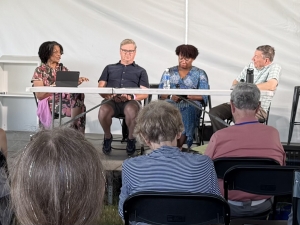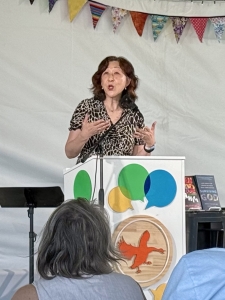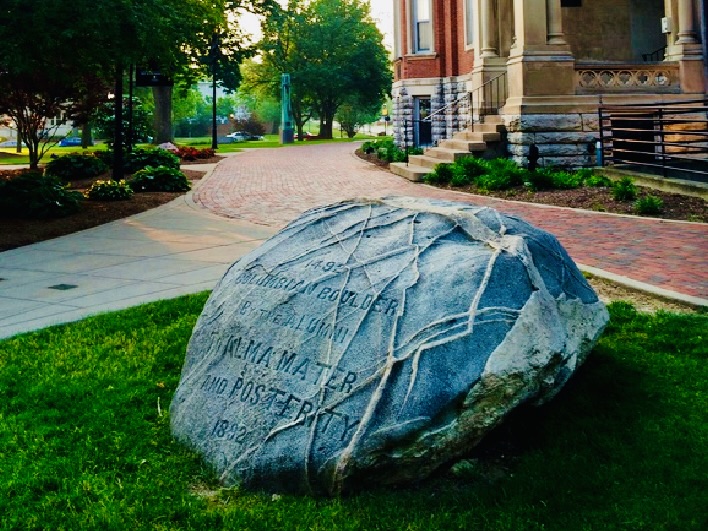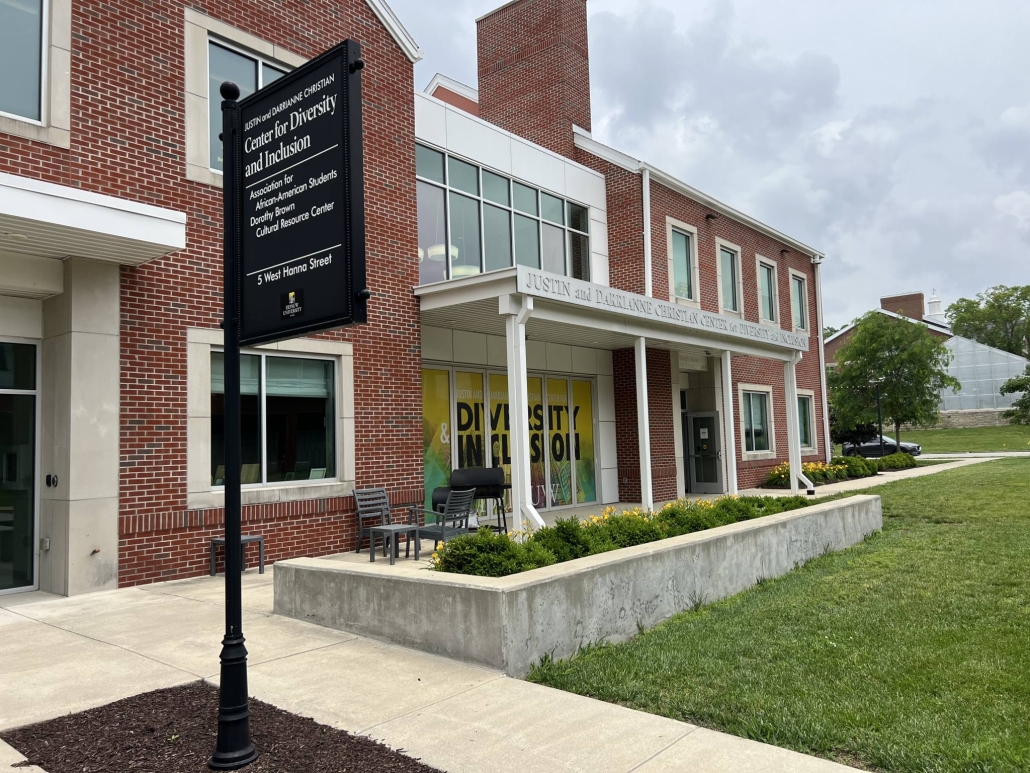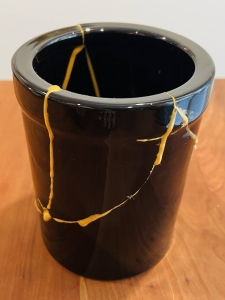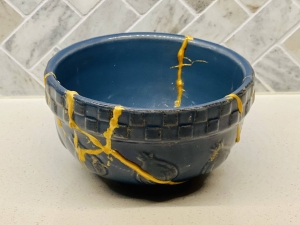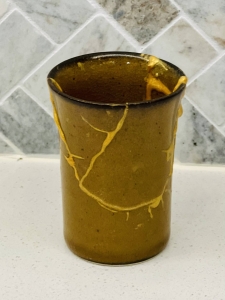My 2026 Word for the Year
Oxford Dictionary chose “rage bait” as its word of 2025. Dictionary.com chose “67” as its 2025 word of the year. “Vibe coding” was Collins Dictionary’s 2025 word of the year. Merriam-Webster named “slop” as its word of the year. Back in January 2025, “turbidity” got my attention as my word of the year —the cloudiness, uncertainty, and questionable quality—and its impact on my well-being. I see turbidity in others.
Pantone named Cloud Dancer, a gentle shade of white, as its official color of 2026. It was picked as “our aspiration for a future free from toxicity and excess.” I wonder if it was chosen because of the anti-woke agenda and the rise of white privilege and white superiority?
I think a word that could have made the word of the year is NIMBY. It’s alive and well in our neighborhood. It is a significant theme in Ezra Klein and Derek Thompson’s NYT bestseller, Abundance.
All interesting choices as I contemplate my word to focus on in 2026.
I have been choosing a word for the year for at least ten years rather than doing resolutions. My 2022 book, 65 at 65, is about 65 words that have helped me to “seize the day” after 65 years of life. I find focusing on a word for the year leads me to ask questions about the space I’m in and the people I am with.
It was brought to my attention earlier this year that I seemed to be angry. I couldn’t disagree.
I’m angry at the lack of compassion, unkindness, misogyny, unethical, illogical, and immoral behavior in our culture from politicians, managing law firm partners, corporate executives, and tech tycoons who paid protection money to POTUS rather than stand up to the rule of law that enabled them to get where they are today.
I am angry at the MAGA supporters’ disconnect between thinking and reality, addiction to abstraction, and their fervent desire to remain unwoke. MAGA desires a monolithic culture based on white, heterosexual, Christian. How do you craft a monolithic culture out of a 400+-year history of a melting pot that includes enslavement, inhumane treatment of indigenous people, LGBTQ+, and anyone else who is not white, heterosexual, and Christian?
I am angry at the ignorance and denial of affordable housing, affordable medical care, and equitable education for every citizen.
I am angry at the ongoing disruption of “normal” here in Western North Carolina caused by Hurricane Helene on September 27, 2024.
I’ve chosen a word to help me out of this swamp of anger.
Assuage (verb) – to make more bearable or less severe; To put a complete end to a physical need or desire; to lessen the anger or agitation.
I’m going to use the 12 steps to practice assuage. I will support and volunteer with agencies that serve marginalized people, those suffering, and those in need. I will continue to connect with Braver Angels. I am going to continue to limit my internet use. I will choose to be with people who share common core values and beliefs. I will continue getting outside more, exercising, and creating zen moments in meditation.

